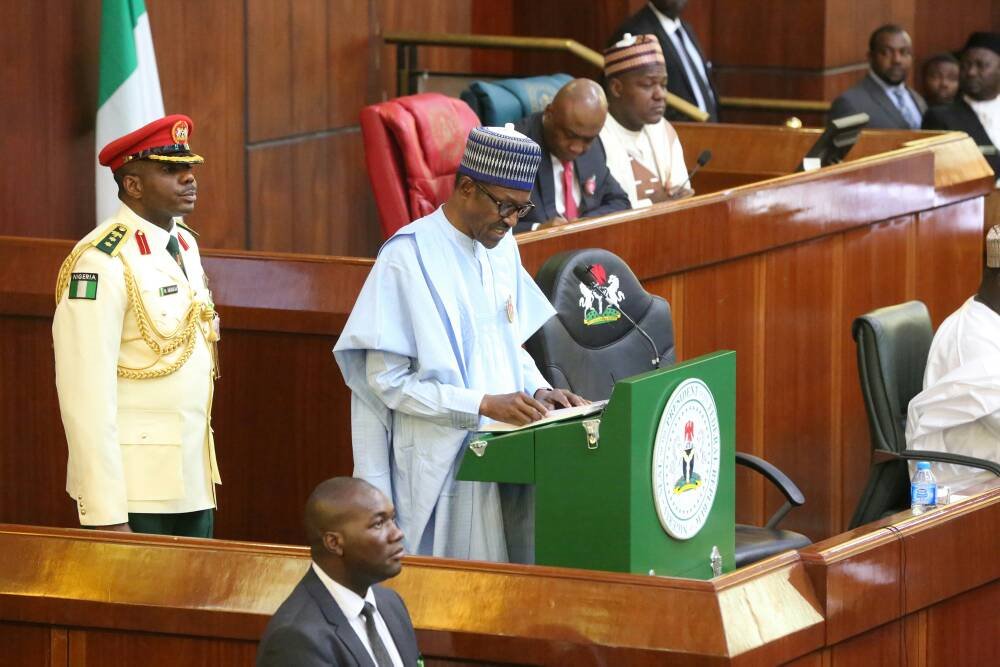
A spokesman for Nigeria’s President Muhammadu Buhari said he has not signed the amended electoral bill sent to him by the National Assembly on January 31.
Buhari’s media adviser Femi Adesina said the president has a window of 30 days within which to sign the bill or decline assent after it had been transmitted to him by the National Assembly.
Critics said the delay in the signing of the act could be a ploy by the ruling All Progressives Congress to force the Independent National Electoral Commission to rely on the existing act for the conduct of the next general elections, which are a year away.
“A proposed legislation that has to do with the electoral fortunes of the country needs to be thoroughly scrutinized, and be made as near-perfect as possible,” Buhari’s media adviser Femi Adesina said in a statement.
“Those playing cheap politics with it are, therefore, encouraged to hold their peace, knowing that the right thing will be done within the lawful time.”
Inter-Party Advisory Council (IPAC) said earlier in the month that there may be a deliberate ploy to not sign the bill to foreclose the use of the Biometric Voter Accreditation System (BVAS).
With elections in Nigeria constantly rigged, many believed BVAS could help reduce instances of electoral malpractices.
“The greatest fears of Nigerians and those of us at IPAC is that in the event of such a scenario, the widely hailed Biometric Voter Accreditation System (BVAS) as well as the electronic transmission of results along with other cardinal components of the Bill, will not be mandatory for use by INEC in the elections,” IPAC’s national chairman Yabagi Yusuf Sani said in a statement.
“The leadership of IPAC is loathe (sic) to buy into the opinion held in many quarters that all the controversies over the electoral bill might have been a deliberate and conscious conspiracy by power interests in the Executive and the Legislature who are averse to positive changes that make it difficult for them to continue in their old game of manipulating the electoral process.”



